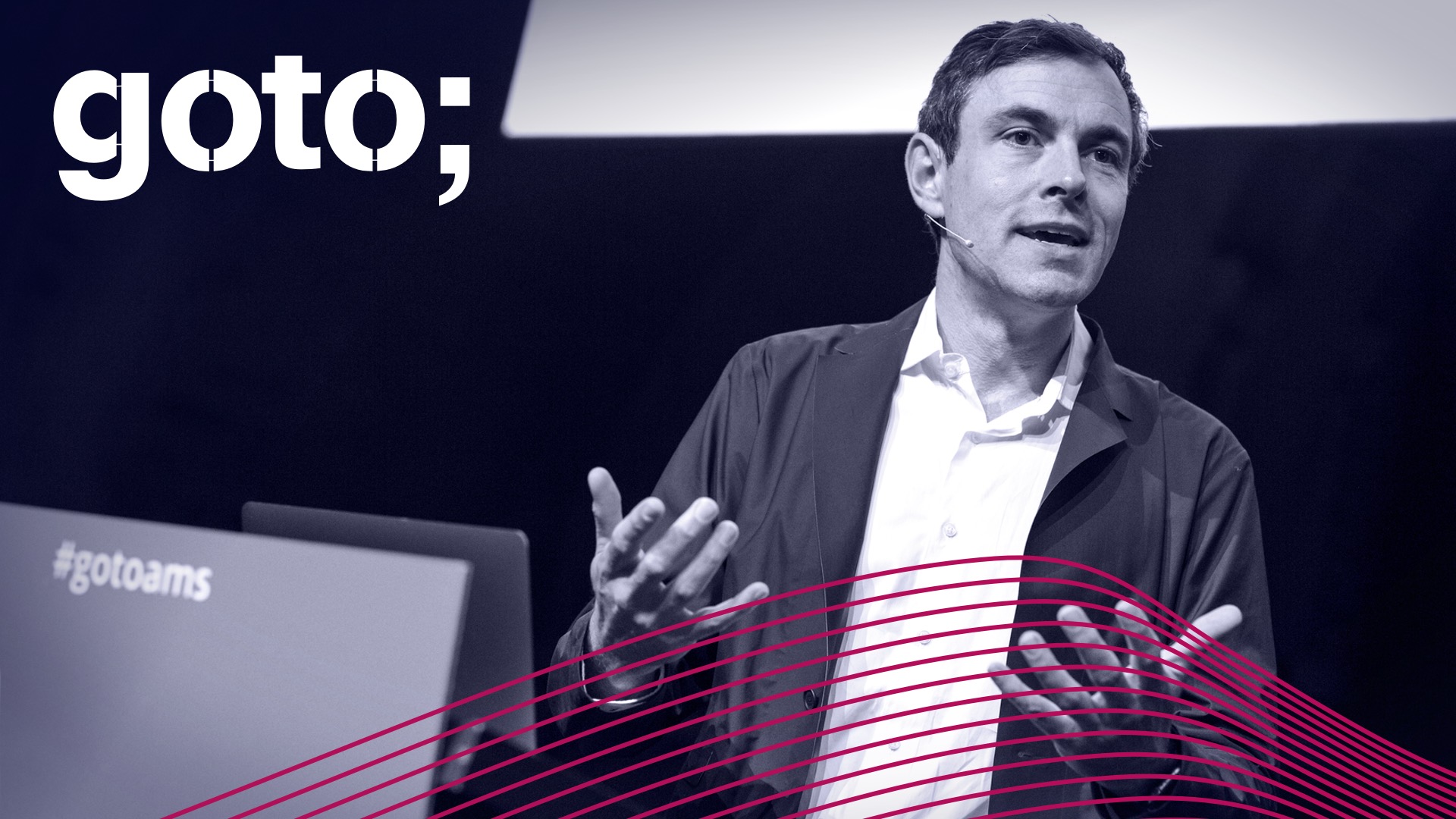quantum computing
19 RESULTS
36:00

Can Quantum Computing Help to Unlock the Secrets of the Universe?
GOTO Amsterdam 2019
18:04

Practical Quantum Computing with D-Wave
GOTO Chicago 2020
47:11

Quantum Computing
GOTO Copenhagen 2019
45:24

AI/ML, Quantum Computing and 5G – Opportunities, Challenges and the Impact on Society
GOTO Amsterdam 2019
47:57

Getting Started with Quantum Programming
GOTO Chicago 2019
46:01

Fueling the Quantum Application Era with the Cloud
GOTO Copenhagen 2019
44:30

The Grand Challenge and Promise of Quantum Computing
GOTO Amsterdam 2019
41:46

Quantum Computing - (Almost) Everything You Need To Know About It
GOTO Chicago 2019
46:01

Fueling the Quantum Application Era with the Cloud
GOTO Chicago 2019
36:08

Solving Hard Problems with Quantum & High-Performance Computing in The Cloud
GOTO Aarhus 2023
41:30

Quantum Computing in Action
October 7, 2021

Quantum Computing in Practice
April 27, 2021

Real-life Quantum Computing
February 23, 2021
From Sci-Fi to Reality, Quantum Computers Are Coming!
March 13, 2019

Quantum computing in the cloud
September 25, 2023

Top Trends in Software Development That You Should Know About
October 19, 2023
Browse all tags
Here


